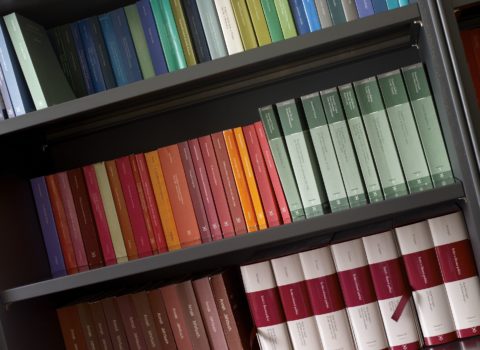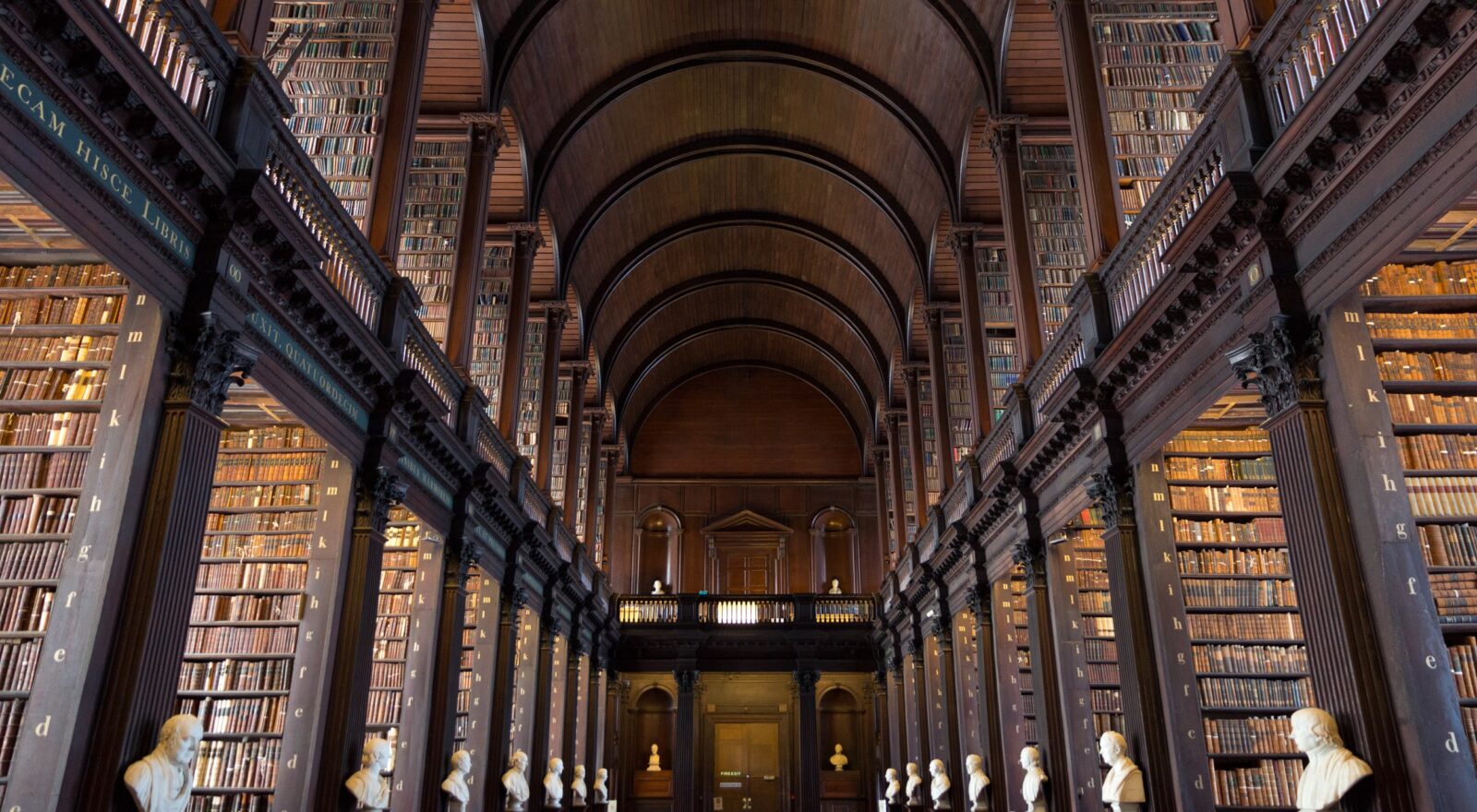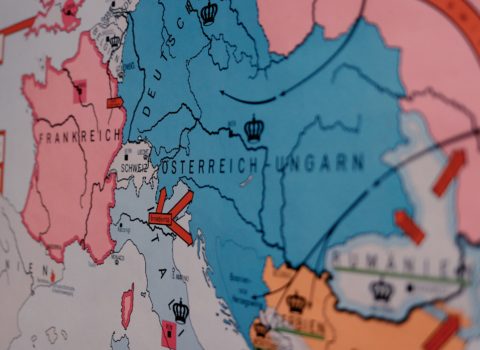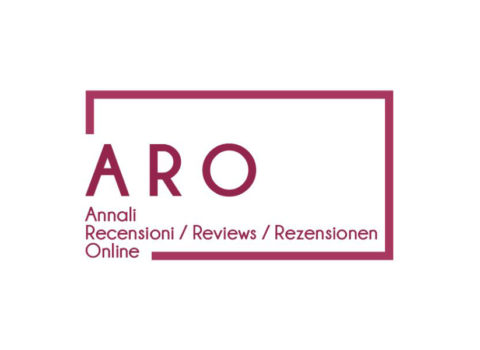
The ARO Forum devoted to the volume “Dangerous Books”
An invitation to think about the cultural effects of media control.
The latest review proposed by Annali was published a few days ago. Recensioni. Online 2023/02, the open-access journal of the Italian-German Historical Institute that promotes the dissemination of scholarly research and fosters transnational dialogue among specialists in the historical sciences. Twenty-five reviews offer a selection of the most recent historiography and introduce readers to the social, political and cultural history topics at the center of the international scholarly community’s interests. The issue adds to the contributions of the research group of the Italian-German Historical Institute those of Italian and foreign scholars coming from various research institutions – such as the Ca’ Foscari University of Venice, the University of St. Andrews, the Federico II University of Naples, the East Tennessee State University, the Roma Tre University and the University of Basel.
The Forum is dedicated to Giorgio Caravale’s new monograph, Libri pericolosi. Censura e cultura Italiana in età moderna, a synthesis work that addresses one of the most debated topics in Italian historiography in recent decades, censorship, while offering important insights into the present. The study emphasizes how the Italian authorities of the old regime shaped cultural production – or attempted to do so – by censoring, but also by modifying, cutting, purifying and putting back into circulation printed texts, and how these control operations influenced new works. The reviews of Mario Infelise and Emily Michelson discuss these aspects and suggest parallels with the present.
As Infelise states, since the beginning of this century we have been living through “a season of profound transformations,” accentuated by the bursting “into our everyday lives of the effects of previously nonexistent and unimaginable communication technologies that have profoundly altered in a very short time our relationship” with what is permissible to say and what is not. The censorship actions of the past studied by Caravale, comparable to today’s bans on expression, teach us that “those who witnessed the transition from a regime of substantial freedom to a supervised one experienced the prohibitions as a kind of violence, but those who came later ended up getting used to the new climate and introjecting the prohibitions. Caravale illustrates in abundant detail this complex process of adaptation, which had repercussions in all aspects of life. Indeed, writers had to learn about the system and deal with censors. Typographers and booksellers ended up adapting passively to the new course, but some equipped themselves to take the risks of clandestine production, which until the middle of the eighteenth century was a characteristic element of the publishing market.”
Precisely these effects of censorship were, according to Emily Michelson, disturbingly grim, for they influenced Italian literary production for a long time, going so far as to give birth to a grotesque series of remakes of the great forbidden works – for example, a Decameron in which all the damsels were virtuous, discussions revolved around Christian compassion, and spiritual texts replaced novellas. Moreover, Michelson points out, Libri Proibiti shows that the ‘control’ over culture was only a first step in a larger project. If initially the priority of the Index of ForbiddenBooks (the list of publications banned by the Catholic Church introduced in 1559) was to stop the transmission of Protestant ideas from beyond the Alps, gradually the actions of the authorities were turned toward Italian territory, with the aim of monitoring daily life, regulating behavior, stifling humanistic ambitions and promoting ecclesiastical culture.
As Infelise puts it, in short, Caravale’s book invites us to reflect “about the role that systems of control played, within a more complex attempt to define the relationships between the possibility of freely expressing one’s thoughts and the potential social, political and cultural constraints that go in the opposite direction […] from ancient prohibitions and controls to contemporary freedoms.”
The rest of the reviews offer a variety of research on multiple topics such as preaching, culinary culture, migration, the diary of parliamentarian Tullia Romagnoli Carettoni, war in Italy and the Mediterranean, the statutes of Bolzano fairs in the late 18th century, a history of contemporary India. Also in this issue, connections between historical research and current public debate, and the suggestions offered are many indeed! On the “Aro” platform, readers can choose the ones closest to their interests.




